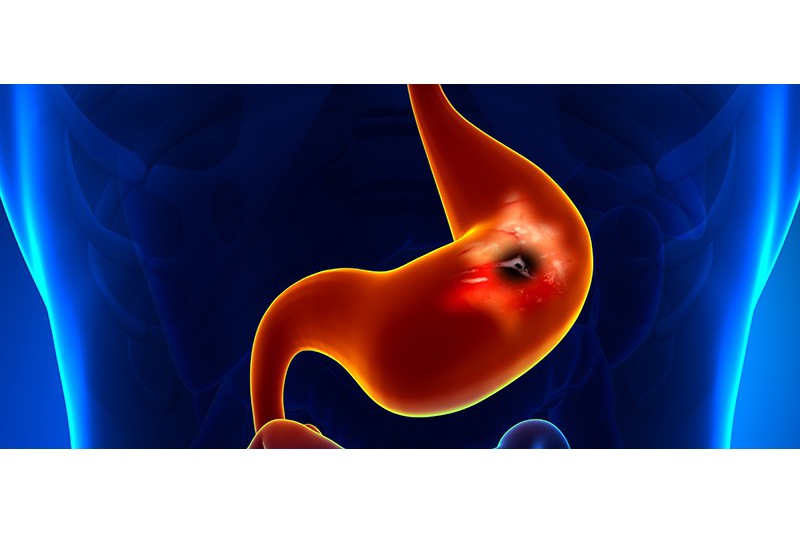Five Daily Routines that Increase Your Risk of Developing a Stomach Ulcer

Things that Lead to Gastric Ulcers
Painful sores that form in the lining of the stomach or small intestine are called stomach ulcers, commonly referred to as peptic ulcers. These symptoms can be brought on by smoking, heavy alcohol use, bacterial infections, and long-term use of nonsteroidal anti-inflammatory drugs (NSAIDs). An occasional journey through pain and soreness might be associated with ulcers. The protective pathway of the stomach or duodenum is often the site of peptic ulcer formation. Still, there are daily habits that can increase the risk of stomach ulcers. To safeguard the health of their digestive systems, people should be aware of the following five common everyday routines.
1. Unusual Mealtimes
The delicate balance of gastric acid secretion and digestive processes in the stomach can be upset by skipping meals or continuing a fast. The stomach produces too much acid when meals are skipped because the stomach is empty for prolonged periods of time. This elevated acidity may harm the mucous lining of the stomach, increasing the risk of ulcer development. Maintaining a healthy lifestyle requires regular mealtimes.
2. Eating Spicy Foods
Dr. Mangesh Borkar, Consultant – Medical Gastroenterologist says, “While spicy foods could improve the flavor of the food, they can also make stomach problems worsen or even cause ulcers. Spicy foods can trigger pain or discomfort because they include substances like capsaicin, which can irritate the stomach lining and encourage the production of stomach acid. Eat less spicy food if it’s prone to stomach issues or has a history of ulcers. This reduces the chance of increasing symptoms.”
3. An excessive Amount of Caffeine
Many people rely on coffee to help them stay awake in the morning or to focus at work. However, consuming excessive amounts of caffeine, which is present in tea, coffee, energy drinks, and some prescription drugs, can raise the stomach’s acid production. This excess acid can cause damage to the stomach’s protective lining, which raises the possibility of ulcer development. Limiting your intake of caffeine and opting for decaffeinated beverages can help lower this risk.
4. Persistent Stress
Although stress is a necessary component of modern life, it can harm the digestive system and cause other physical health problems. Stress triggers the body to release more cortisol, a hormone that can erode stomach lining and increase gastric acid output. Extended periods of stress can weaken the stomach’s barrier, raising the possibility of ulcer formation. Exercises that involve deep breathing, meditation, and other stress-reduction techniques, together with pastimes, can help lower stress and protect stomach health.
5. Consuming Tobacco
Smoking has detrimental effects on the lungs, cardiovascular system, and stomach. The chemicals in tobacco smoking may cause the stomach lining to become less resilient to the harmful effects of stomach acid. Additionally, smoking lowers blood flow to the stomach, which could impair the organ’s natural ability to mend and heal. As a result, smokers are more likely to get stomach ulcers than non-smokers. Giving up smoking is essential to improve overall health and reduce the incidence of ulcers.
The Conclusion
By addressing modifiable risk factors such as irregular eating patterns, consumption of irritating foods, excessive caffeine and alcohol intake, chronic stress, and tobacco use, people can avoid stomach ulcers and protect their gastrointestinal health.